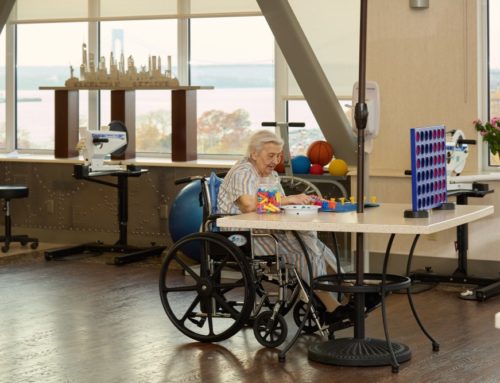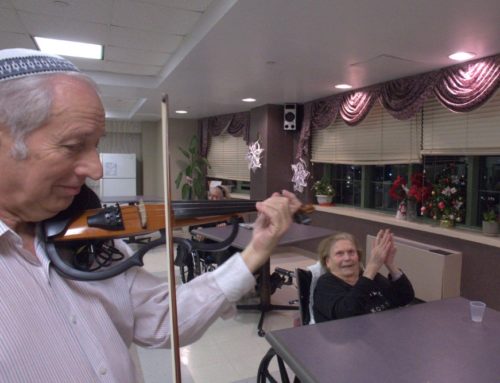After any kind of surgical procedure there is a period of recuperation and recovery. Rehab after surgery is a vital aspect of recovery and usually involves post-surgery care, rehab therapy, including physical therapy.
Let’s take a look at some of the most frequently asked questions about this rehabilitation period. Please be aware that rehab will depend very much on an individual’s specific circumstances and health condition. Seek medical advice to ensure you get appropriate and safe post-operation care and therapy.
How Long Is Rehab After Surgery?
The duration of rehab therapy varies greatly depending on the type of surgery, a patient’s medical history, and doctors’ advice. As a general rule, rehab after surgery lasts a few weeks or a few months. In some cases, rehab will continue for much longer.

It’s important not to rush your rehab, as the body needs time to adjust and recover after an operation. Physical therapy helps speed up recovery and builds muscle and bone strength. This rehab program may include occupational therapy, which can also greatly improve mobility. The therapy helps patients perform the task of daily living, like washing and dressing.
When should you begin rehab?
In most cases doctors recommend physical and other forms of therapy quite soon after surgery. This may seem surprising, but all the evidence indicates that patients recover more quickly when rehab begins early. Talk to your doctor to find out what kind of rehab after surgery will benefit you most. He or she will explain the process and how long specific therapies might last.
Why is post-surgery rehab important?
Rehab is a vital part of post-surgery care and helps you build up your strength and recover more quickly. It is not a nice-to-have, optional extra, but is an integral part of your treatment.
Whether as an inpatient or an outpatient, rehab after surgery can help you get back on your feet again. In some cases, therapists visit your home, in others, patients may come to a rehab center for various therapies.
Physical therapy helps you improve range of motion, general mobility, and therefore also your independence. Besides strengthening muscles, it can also help reduce pain in the area of the surgery. In addition, it can be a morale-boosting and stress-busting activity and beneficial for your mental health.
Rehab therapists teach you to cope better after surgery, perhaps by showing you how to perform tasks in new ways. Rehab after surgery is an educational process: you may learn, for instance, about the importance of a healthy diet.
Haym Salomon Home for Nursing & Rehabilitation in Brooklyn NY regularly treats patients who have had hip or knee replacements, heart surgery, or amputations. In these and many other cases, occupational, physical, speech and other therapies are hugely beneficial aspects of rehab after surgery.
Contact us for more information. Call us or walk in to ask any questions you may have. We are here to answer. You can talk to our Admission Department and finance coordinators who will help you with the application process.
This content comprises informative and educational resources only and can not be considered as a substitute for professional health or medical guidance. Reliance on any information provided in this article is solely at your own risk. If you have any inquiries or apprehensions about your medical condition or health goals, talk with a licensed physician or healthcare provider.






Leave A Comment